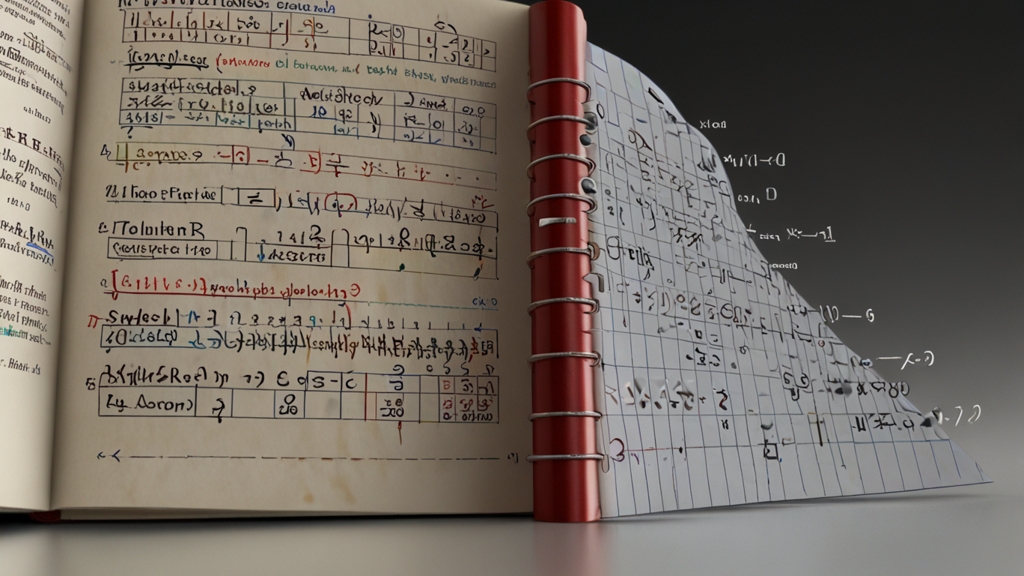Beyond Sacrifice: The Philosophical Implications of Crucifixion
The crucifixion, a notably brutal form of capital punishment used predominantly in the Roman Empire, transcends its historical context to raise profound philosophical questions. While at its most fundamental level, crucifixion represents the infliction of extreme physical punishment and suffering upon a criminal, its deeper connotations resonate through the realms of ethics, theology, and human existentialism.
The Nature of Suffering
One of the most evident philosophical discussions stimulated by the crucifixion is the nature and meaning of suffering. Within various religious traditions, most notably Christianity, the crucifixion of Jesus Christ is not merely an act of physical torment but a symbol of ultimate sacrifice and redemption. From a philosophical standpoint, it compels one to question whether suffering has intrinsic value or purpose. Can immense suffering lead to an ultimate good, or does it underscored the inherent fragility and vulnerability of human existence?
"We carry inside us the wonders we seek outside us." —Rumi
Rumi's words echo this inquiry, suggesting that perhaps the manifestations of suffering and pain point inward, inviting deeper introspection and spiritual growth. The crucifixion, therefore, serves as a stark reminder of both the harsh realities of human existence and the potential for transcendence beyond physical pain.
Ethical Dimensions of Punishment
Crucifixion further ignites debate concerning the ethical implications of punishment. It confronts society with questions about justice and the moral standing of state-sanctioned violence. Is there ever a justification for such extreme measures? Reflecting on crucifixion from an ethical perspective illuminates larger conversations about the limits and justifications of punishment, as well as varying attitudes towards retributive versus restorative justice.
From a utilitarian perspective, one might argue that the sheer brutality of crucifixion serves as a deterrent, theoretically minimizing future crimes. However, deontological ethics would question whether it is ever morally acceptable to inflict such inhumane suffering, regardless of the intended outcomes.
The Theological Aspect
When viewed through a theological lens, particularly within Christianity, the crucifixion stands at the epicenter of faith. It's the fulcrum upon which the narrative of redemption and atonement balances. Many theologians argue that the meaning infused into the crucifixion is inseparable from its historical occurrence. In this context, the crucifixion is not only a physical event but a divine manifestation bridging the mortal and the divine.
"God does not reveal himself in strength or power, but in the weakness and vulnerability of a newborn child in Bethlehem, and the ignominy and helplessness of a man sentenced to a slave's death on the cross." —Nicholas Thomas Wright
The crucifixion, accordingly, manifests as a paradox of divine strength revealed through human weakness. This theological standpoint challenges humanity to re-evaluate its perceptions of power, glory, and salvation.
Existential Reflections
On an existential level, the crucifixion compels individuals to confront the ultimate questions about life and death, freedom and bondage, and meaning and absurdity. In existentialist thought, the cross can symbolize the ultimate confrontation with the "absurd"—the quest for meaning in a universe that appears indifferent. Yet, it also embodies a profound statement of resistance and integrity in the face of seemingly insurmountable oppression and suffering.
For existentialists like Jean-Paul Sartre, the crucifixion could be seen as a powerful assertion of human freedom, with Christ's ultimate sacrifice symbolizing the capacity for individuals to give their lives meaning through acts of courage and defiance, even, or especially, in the face of death.
Conclusion
Beyond its historical and religious context, crucifixion provokes deep philosophical inquiry into the nature of suffering, the ethics of punishment, the dynamics of divine and human interaction, and the search for existential meaning. It stands as a multifaceted symbol—one that continues to challenge, inspire, and perplex humanity.
"The deeper that sorrow carves into your being, the more joy you can contain." —Kahlil Gibran
In reflecting upon the crucifixion, we traverse the spectrum of human experience and are reminded of both our profound vulnerability and our incredible capacity for resilience, sacrifice, and transcendental growth.










